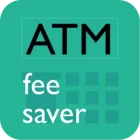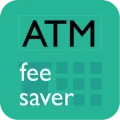Wondering how to pay for metro and bus rides in Guinea-Bissau - cash only, or do cards work too?
Card payments for buses in Guinea-Bissau are not a thing yet, so cash is king. You want to carry enough CFA francs because many bus drivers won’t take anything else. ATMs in Bissau and towns like Gabú are reliable, but expect some withdrawal fees. Wise and Revolut travel cards work well for ATM cash-outs if you want to avoid high fees on traditional cards. Always plan ahead to avoid being stuck without cash.
I took local buses in Bissau last year; they only accept cash, usually CFA francs. The fares are cheap but pay exact amounts since they don’t give change. I used a Wise card to withdraw money from an ATM at Banco da Guiné-Bissau in the city-very handy because it gave me good exchange rates. Cards are more for hotels and restaurants, not for buses or taxis.
When traveling around Guinea-Bissau, make sure to have enough CFA francs in cash to pay for buses or shared taxis, as card payments are rarely accepted on public transport. Getting a Wise travel card before your trip can help you withdraw cash with low fees at ATMs in Bissau or other big towns like Bafatá and Gabú when needed. Using cash is simpler for buses and small vendors.
In Guinea-Bissau, paying for buses and local transport typically involves cash. Most buses and shared taxis expect payment in West African CFA Franc (XOF), the local currency. Card payments on buses are not common, so it’s best to carry cash. ATMs exist in Bissau and larger towns like Gabú, but don’t expect widespread card acceptance.


